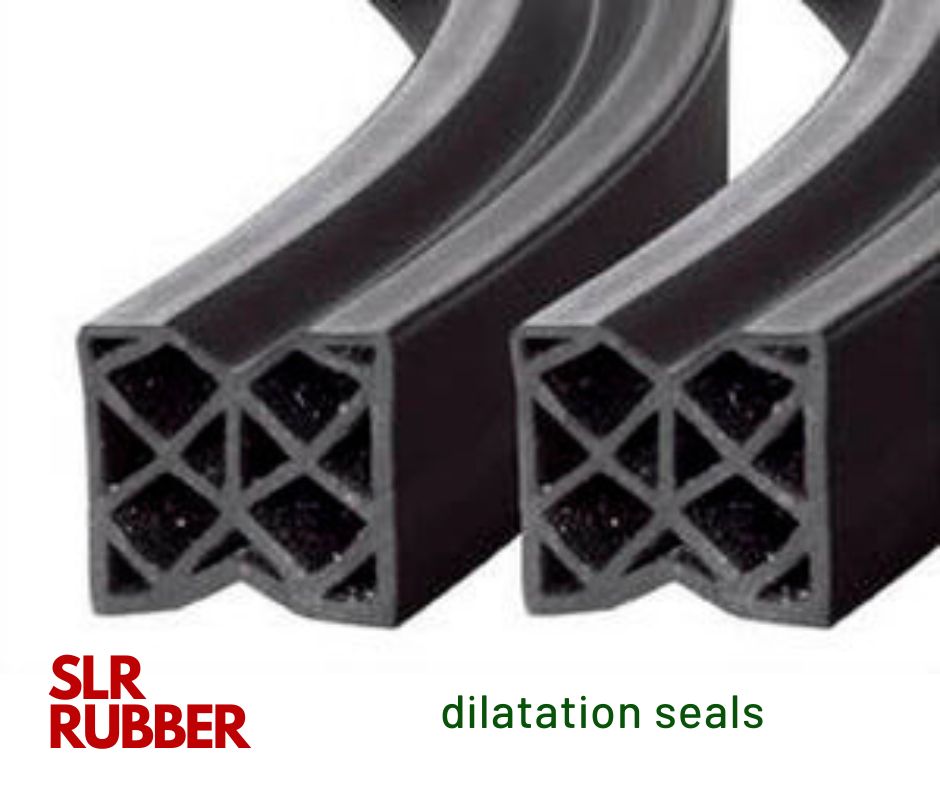Dilatation seals are flexible seals that are used to bridge gaps between two or more surfaces.
Dilatation seals are flexible seals that are used to bridge gaps between two or more surfaces. They are used to prevent the leakage of air, water, and other fluids, as well as to absorb vibrations and noise. Dilatation seals are used in a wide variety of applications, including:
- Construction: Dilatation seals are used in construction applications to seal gaps between concrete slabs, masonry walls, and other building materials. They are also used to seal joints in roofs and other waterproofing systems.
- Automotive: Dilatation seals are used in automotive applications to seal gaps between body panels, doors, and windows. They are also used to seal joints in exhaust systems and other engine components.
- Aerospace: Dilatation seals are used in aerospace applications to seal gaps between aircraft components, such as the wings, fuselage, and engine nacelles. They are also used to seal joints in fuel and hydraulic lines.
- Other applications: Dilatation seals are also used in a variety of other applications, such as food processing, pharmaceutical manufacturing, and chemical processing.
Dilatation seals are typically made of a variety of materials, including rubber, silicone, and EPDM. The specific material used will depend on the application and the environmental conditions that the seal will be exposed to.
Benefits of using dilatation seals
Dilatation seals offer a number of benefits, including:
- Superior sealing performance: Dilatation seals are very effective at sealing gaps and preventing leaks.
- Durability and longevity: Dilatation seals are very durable and can withstand a wide range of temperatures, pressures, and environmental conditions.
- Chemical resistance: Many types of dilatation seals are resistant to a variety of chemicals, making them ideal for use in harsh environments.
- Flexibility and adaptability: Dilatation seals are very flexible and can be custom-made to meet the specific requirements of any application.
- Cost-effectiveness: Dilatation seals are a relatively cost-effective sealing solution, especially when compared to the cost of downtime and repairs caused by leaks.
How to choose the right dilatation seals
When choosing dilatation seals, it is important to consider a number of factors, including:
- The application for the seal
- The desired shape, size, and material of the seal
- Any specific environmental or chemical requirements that the seal must meet
It is also important to choose a reputable manufacturer of dilatation seals. A reputable manufacturer will be able to provide you with high-quality seals that meet your specific requirements.
Conclusion
Dilatation seals are a versatile and reliable sealing solution for a wide variety of applications. By working with a reputable manufacturer of dilatation seals, you can ensure that you get the seals that you need to meet your specific requirements.


